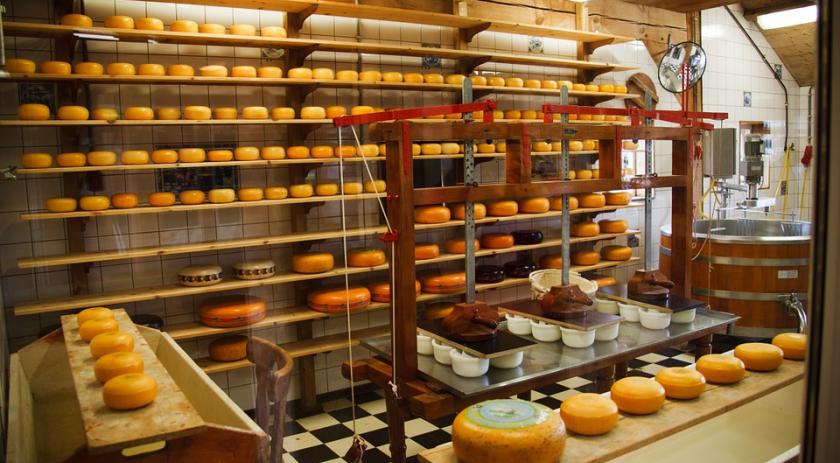
The Myanmar processed food industry needs more investment support in order to develop further, U Aye Win, chair of the Myanmar Food Processors and Exporters Association, told The Myanmar Times.
Currently, Myanmar processes basic raw commodities such as rice, beans, maize and other agricultural products. Excess products are exported. However, the country also imports value-added processed foods such as canned or dairy products. In that light, Myanmar should increase its focus on manufacturing higher value food products, which will require funds from both local and foreign investors, U Aye Win said.
Importantly, as the region moves closer towards implementing the ASEAN Economic Community, which envisions a single market and production base for Southeast Asia, micro, small and medium enterprises (MSME) in the Myanmar food industry will need investor support to compete, said U Zarni Maung Maung, managing director of REPASSA Myanmar.
According to the Myanmar Micro, Small and Medium Enterprise Survey 2017 by the Ministry of Planning and Finance, the majority of MSMEs in Myanmar are involved in the food processing sector.
“As such, the government should provide targeted loans to help MSMEs in the food processing industry to develop their skills and products for the long term,” U Zarni Muang Maung said.
Currently, state-owned Myanma Economic Bank lends money to MSMEs in the import substitution business, while local private banks work with the Japan International Cooperation Agency (JETRO) to disburse loans to businesses in the industry.
“Interest in the Myanmar food industry among Japanese investors is rising due to the size of the population. Myanmar currently has a population of over 52 million,” said U Khun Thura, deputy managing director of JETRO in Yangon.
“The Japanese are also interested in investing in Myanmar raw commodities for export to Japan and other developed countries,” U Khun Thura added.
In fact, food products that are manufactured and processed in Myanmar have also been included as part of the value-added products targeted for exports under the National Export Strategy for the five year period between 2020 and 2025, according to U Aung Soe, secretary of the Ministry of Commerce.
“But we need support in developing and connecting the whole supply chain, starting from the raw materials to production and distribution to the domestic as well as regional markets. We need a market strategy to facilitate the expansion of the processed food sector,” U Aye Win said.
Stricter regulations to curb illegal imports and standards ensuring a minimum level of quality must also be enforced, U Zarmi Maung Maung said. “The government should take action on these two fronts to enable a fair and viable paying field for legal businesses,” he said.












